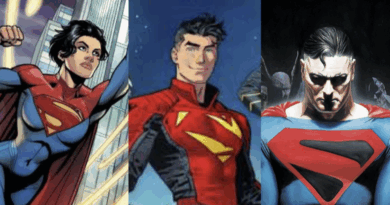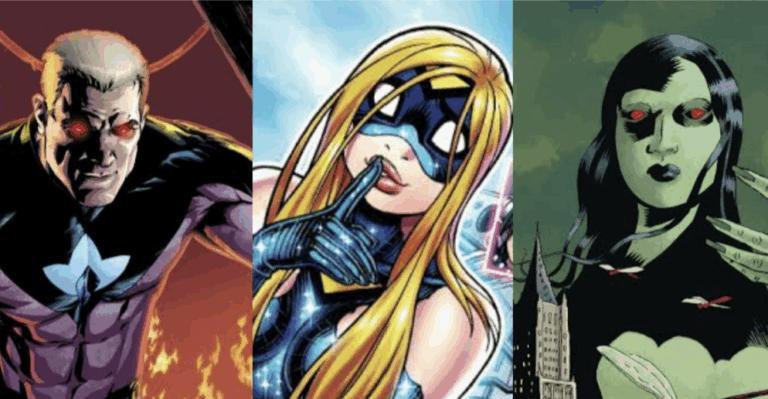
Five Best Indie Comics That Redefined the Superhero Genre
For decades, Marvel and DC Comics have dominated the superhero landscape with iconic
characters and sprawling universes. But as the genre matured, readers began seeking fresh
perspectives. They crave stories that challenged the conventions of capes, costumes, and
clean-cut morality. That’s where indie comics stepped in.
Independent creators have pushed the boundaries of superhero storytelling, crafting tales that
are darker, weirder, more personal, and sometimes more relatable than anything from the Big
Two. These comics didn’t just offer alternatives; they redefined what a superhero story could
be. Here are five of the best indie comics that transformed the superhero genre.
- The Tick by Ben Edlund
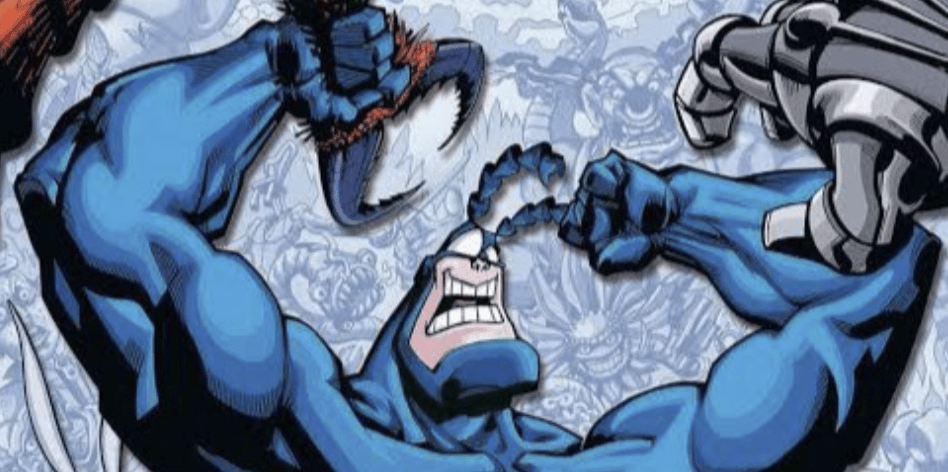
At first glance, The Tick looks like a parody (and it is), but it’s also much more. Created by
Ben Edlund in 1986 for New England Comics, The Tick takes every superhero trope and
gleefully flips it on its head. The titular character is a nigh-invulnerable, loud, and absurdly
heroic man in a blue suit with antennae, whose good intentions often lead to chaos.
What makes The Tick standout isn’t just the humor, but how it critiques the genre’s obsession
with overpowered characters, convoluted backstories, and moral absolutes. Despite being a
spoof, The Tick builds a bizarrely compelling world filled with oddball heroes like Arthur,
American Maid, and Die Fledermaus. It reminds fans that superheroes can be funny, dumb,
and lovable without losing their heart.
- Empowered by Adam Warren
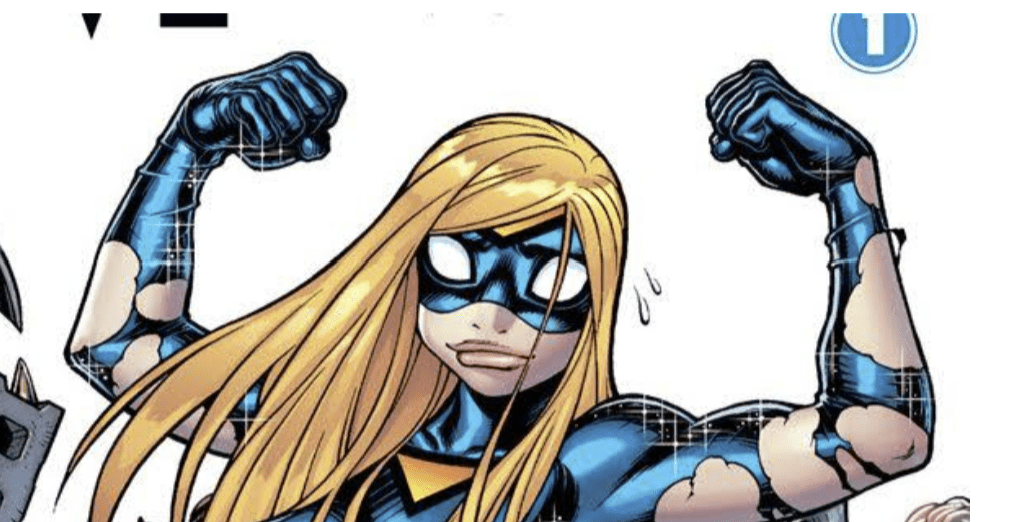
Empowered is a brilliant satire wrapped in cheesecake art. Written and illustrated by Adam
Warren, this long-running series centers on Elissa Megan Powers, aka Empowered, a low-tier
superhero whose skintight suit tears too easily and whose missions often end in humiliation.
But beneath its suggestive art style is a surprisingly deep and emotionally resonant story.
Empowered explores themes of insecurity, imposter syndrome, toxic team dynamics, and
what it means to be heroic in a world that refuses to take you seriously. Warren uses the indie
freedom to blend manga aesthetics with sharp, character-driven storytelling. It’s a powerful
subversion of the hypersexualized female superhero while still embracing her humanity.
- Irredeemable by Mark Waid and Peter Krause
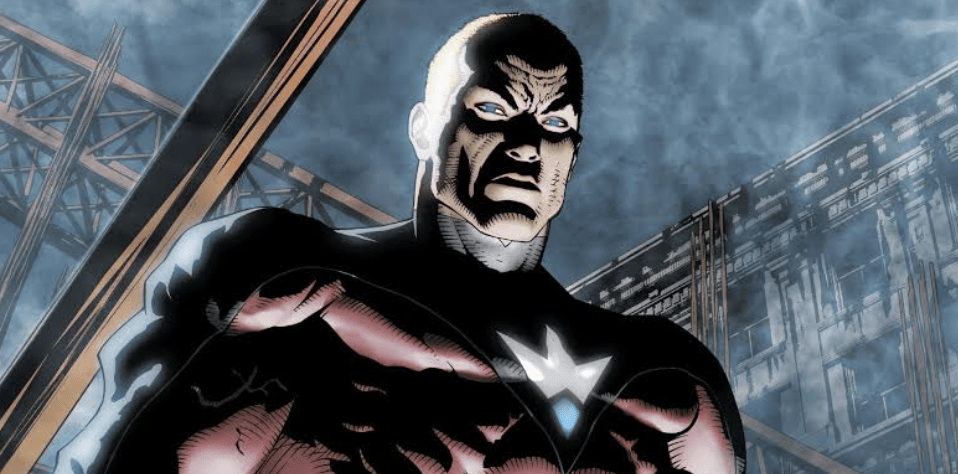
What happens when Superman breaks bad? That’s the question at the heart of Irredeemable,
a chilling deconstruction of superhero morality. Published by BOOM! Studios, the series
follows The Plutonian, a beloved hero who one day snaps and becomes the world’s greatest
threat. Former allies scramble to stop the man they once idolized, even as they grapple with
their own dark secrets.
Mark Waid, a veteran of traditional superhero comics, uses Irredeemable to explore the
mental toll of god-like responsibility and the fragility of public perception. It’s a grim,
compelling look at how easily heroism can become tyranny, and how even the most powerful
beings can be undone by trauma and loneliness.
- Black Hammer by Jeff Lemire and Dean
Ormston
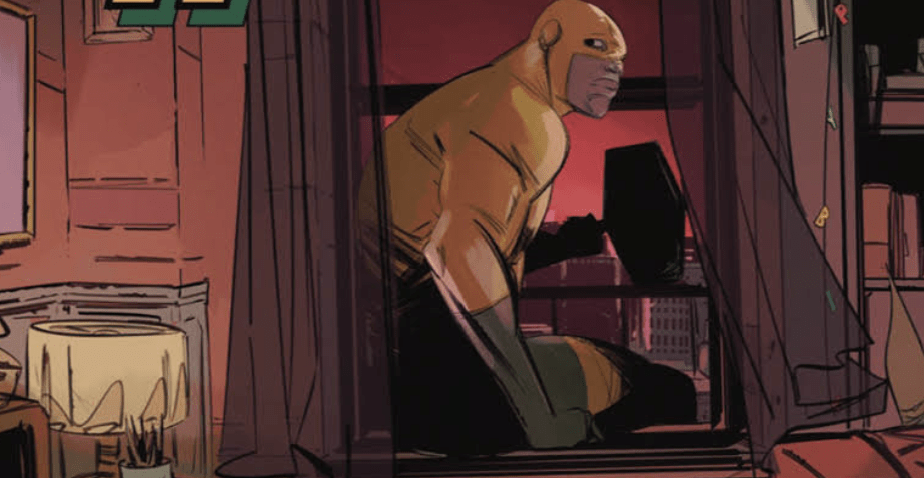
Black Hammer isn’t just a story, it’s an entire mythology. Jeff Lemire’s acclaimed series,
published by Dark Horse Comics, begins with a group of superheroes trapped in a small rural
town after a cosmic battle. But instead of focusing on action, Black Hammer centers on loss,
aging, identity, and the quiet desperation of former legends living ordinary lives.
It pays homage to Golden and Silver Age comics, but never feels derivative. Lemire
deconstructs genre archetypes like the Superman stand-in, the space explorer, and the magical
girl, giving them psychological depth and emotional arcs. Black Hammer proves that the
superhero genre can be introspective, literary, and endlessly inventive without losing its
fantastical charm.
- Invincible by Robert Kirkman and Cory Walker
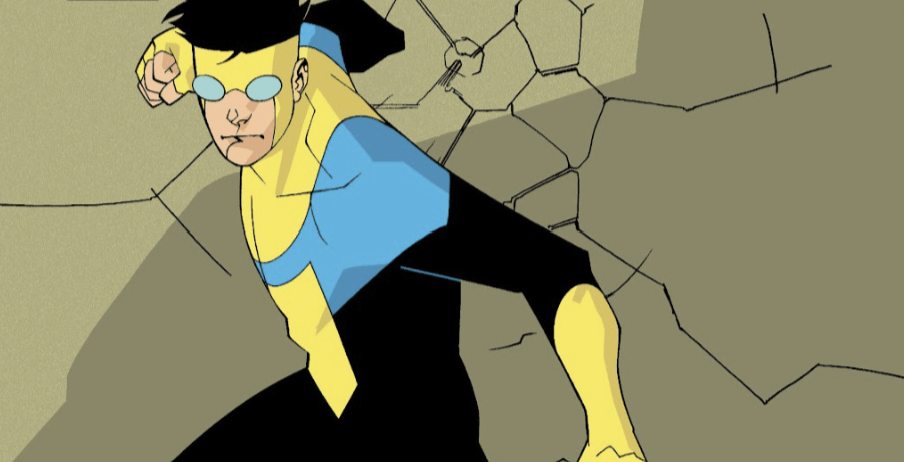
If there’s one indie superhero comic that truly redefined the genre for modern readers, it’s
Invincible. Created by Robert Kirkman and Cory Walker (with later art by Ryan Ottley),
Invincible follows Mark Grayson, a teenager who inherits powers from his alien father, only
to discover that his dad’s true mission is far more sinister than expected.
What begins as a standard coming-of-age superhero story quickly transforms into a bloody,
high-stakes saga that spans decades, galaxies, and generations. Invincible embraces superhero
tropes but isn’t afraid to break them, often with shocking brutality. It examines legacy,
morality, family, and the cost of power with more nuance than many mainstream comics, all
while keeping readers hooked with explosive action and character growth.

